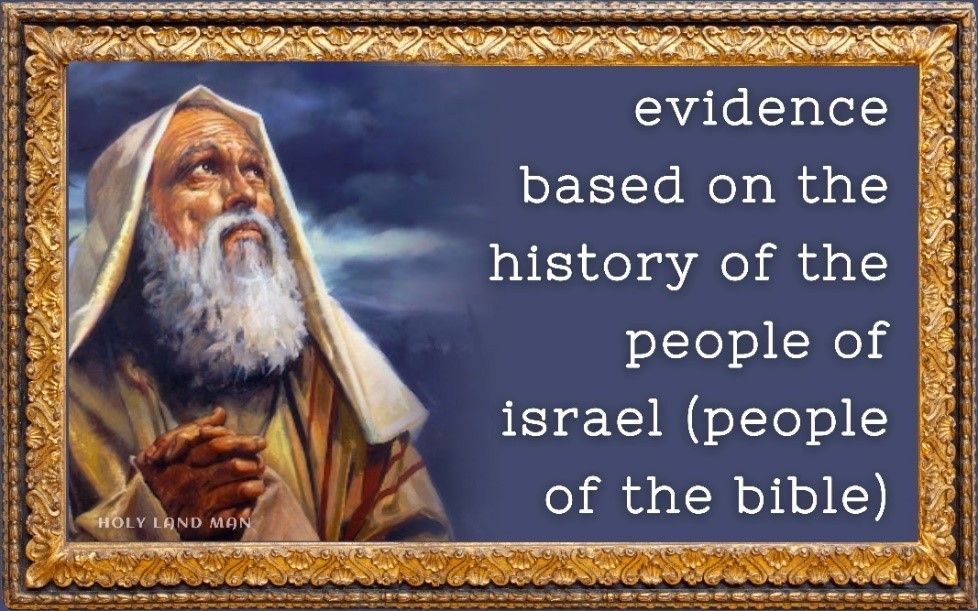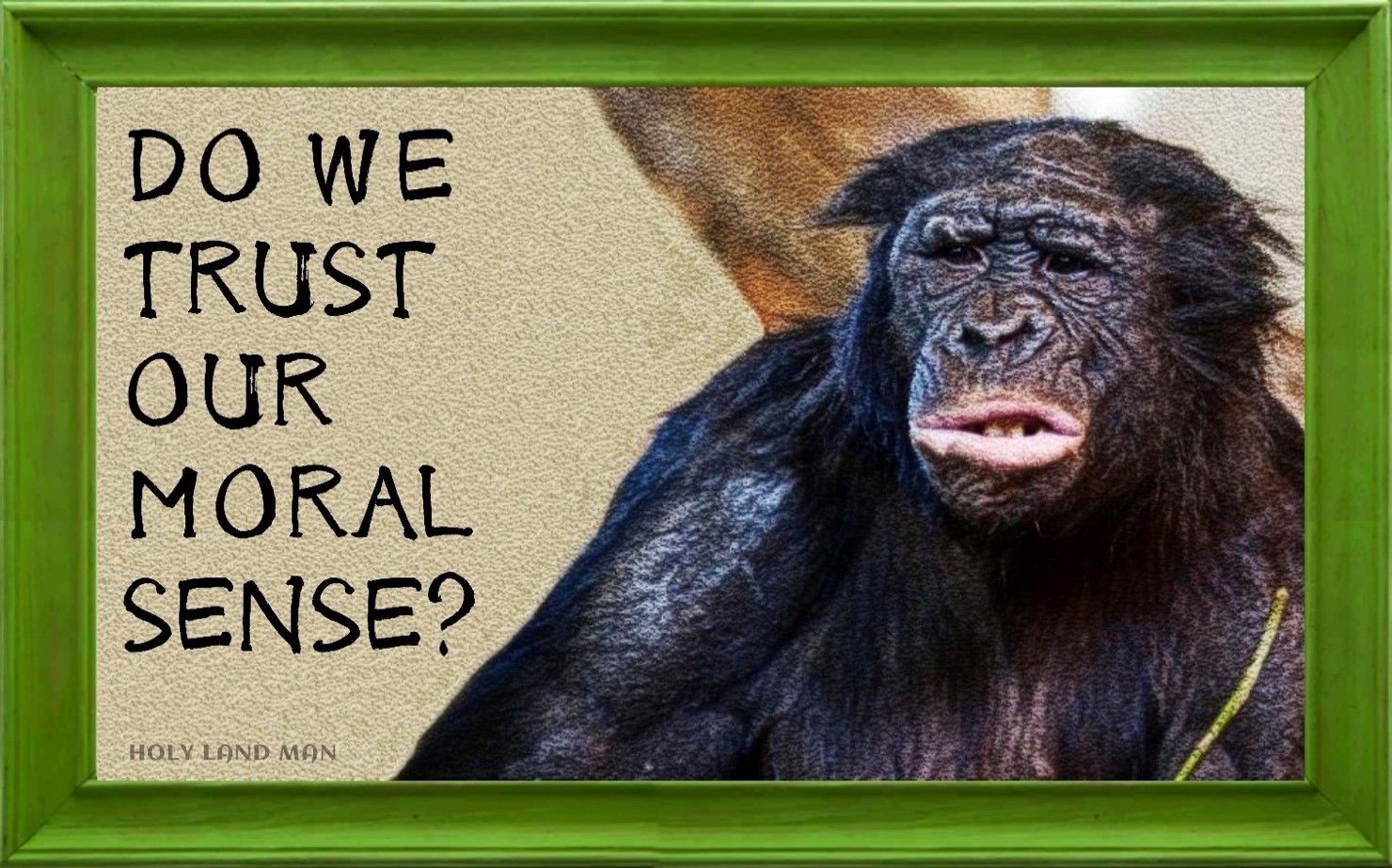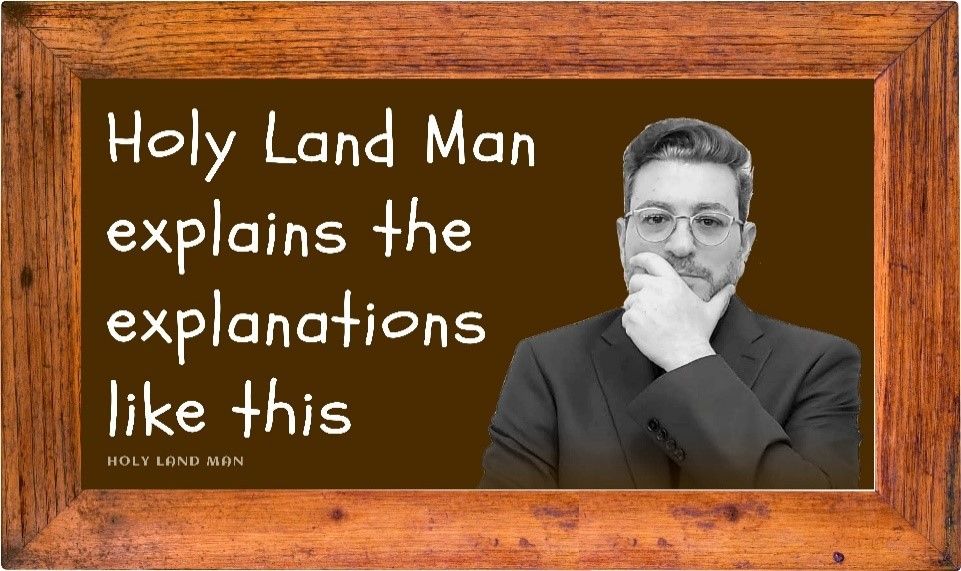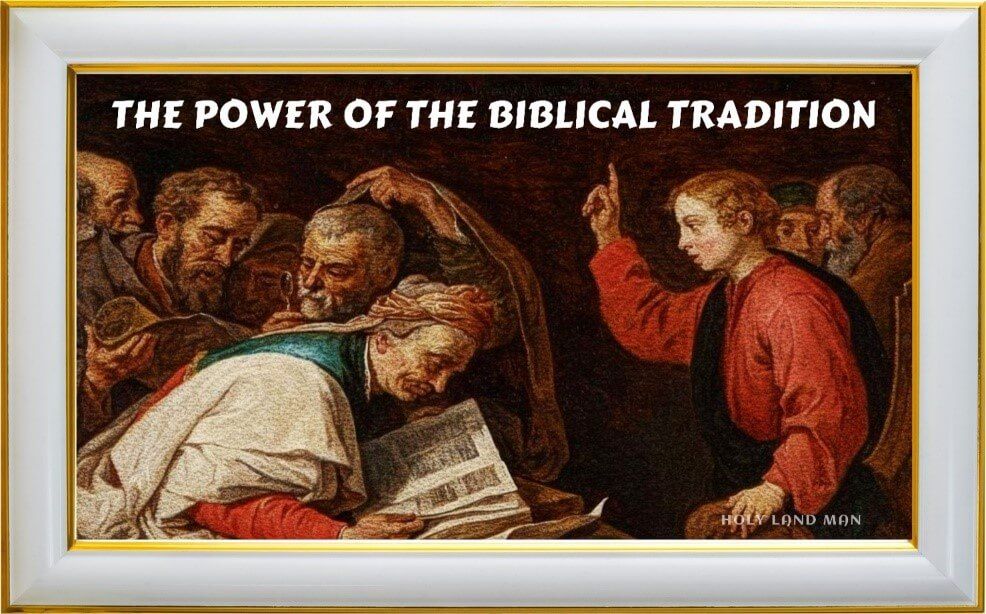Another argument against the credibility of the tradition is that the Bible itself tells of times when the tradition was supposedly forgotten, then rediscovered. Such holes in even those accounts provide an opportunity to potentially invent stories such as that of the Exodus and Mount Sinai and implant them in collective national memory.
The most notable case of interrupting the sequence of tradition is presented in the Book of Kings (Kings in Chapter Twenty-two), where the book of the Torah found in the days of Josiah in the Temple is narrated. From the description there it seems that the Torah scroll was completely forgotten by the people, and until it was discovered in the temple, not even the King knew of its existence.
If so, perhaps that book was not really “discovered,” but was written at the same time by Josiah or his people, who could put into it as much as they could and “sell” it to the People of Israel?
The question of the identity of the book that Josiah found preoccupied many commentators and scholars, and we will not go into all the opinions and methods on the subject here. There is ample evidence, textual and other, against the claim that the book was written by Josiah or his contemporaries.
In fact, the affair itself proves that it is not a matter of oblivion, for if there really was oblivion here, what is the place for GOD’s anger and the punishments that he imposes on Israel? The disobedience of the people stems from a lack of knowledge about its (the document’s) existence.










